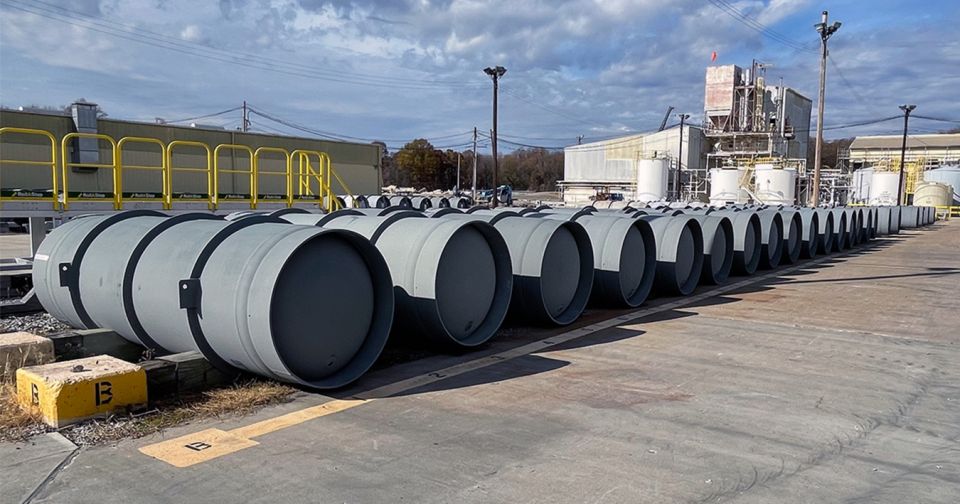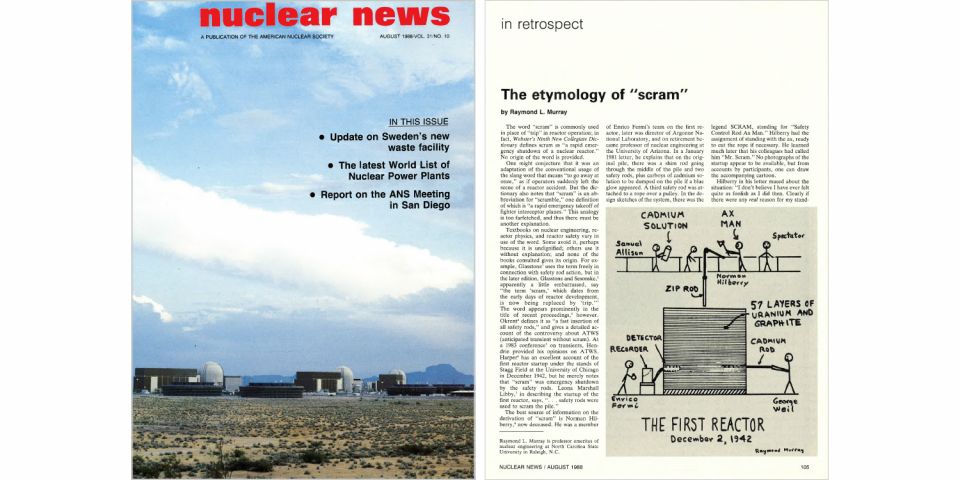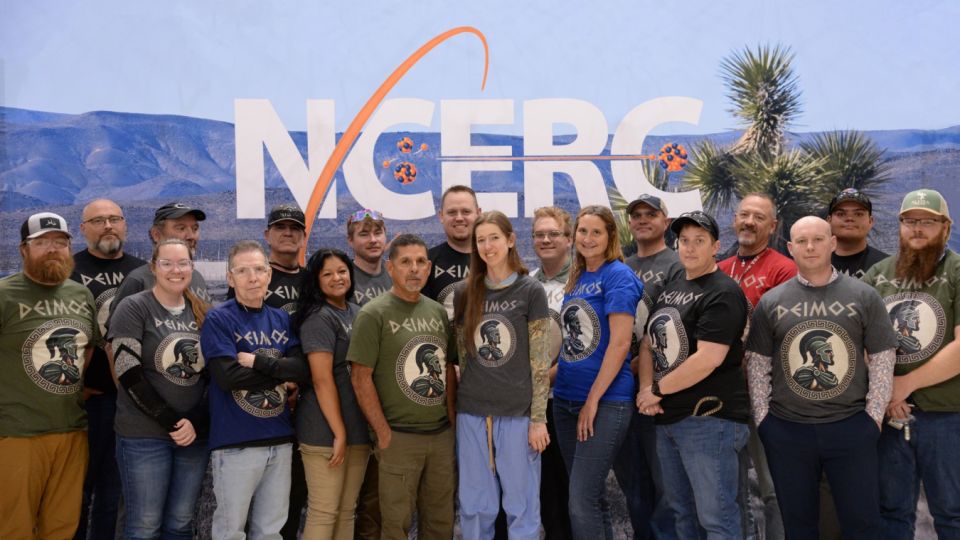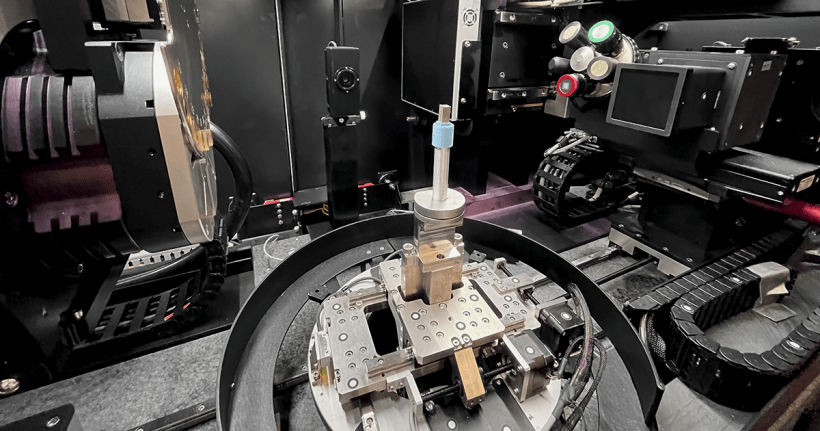Q&A with Monica Regalbuto: Shaping a sustainable HALEU economy

Regalbuto
High-assay low-enriched uranium (HALEU) is the power-dense feedstock of choice for a slew of advanced reactor designs. There’s just one problem: It isn’t available . . . yet. Downblending high-enriched uranium owned by the Department of Energy to between 5 and 19.75 percent fissile U-235 is a stopgap measure at best, and no U.S. facility can yet produce commercial quantities of uranium above the 5 percent U-235 limit for low-enriched uranium.
The problem is one not of technology, but of economics: Enrichment companies want to see clear market signals that advanced reactors will be deployed in quantity, leading to long-term purchase agreements that will justify investments made today.
ANS Fellow Monica Regalbuto is director of Nuclear Fuel Cycle Strategy at Idaho National Laboratory, tasked with leveraging her more than 30 years of fuel cycle experience to ensure an adequate domestic supply of HALEU. She was invited to speak about her work during the opening plenary session of the 2021 ANS Winter Meeting.






